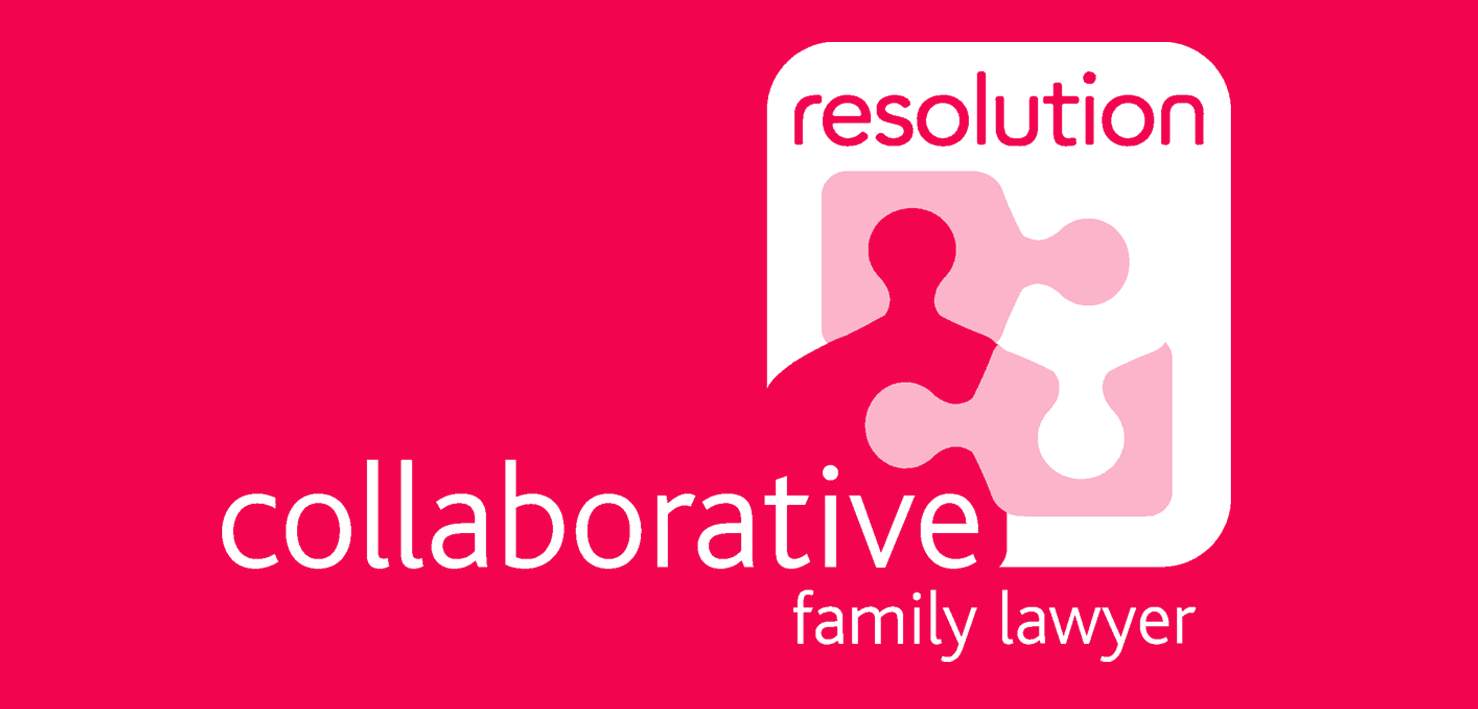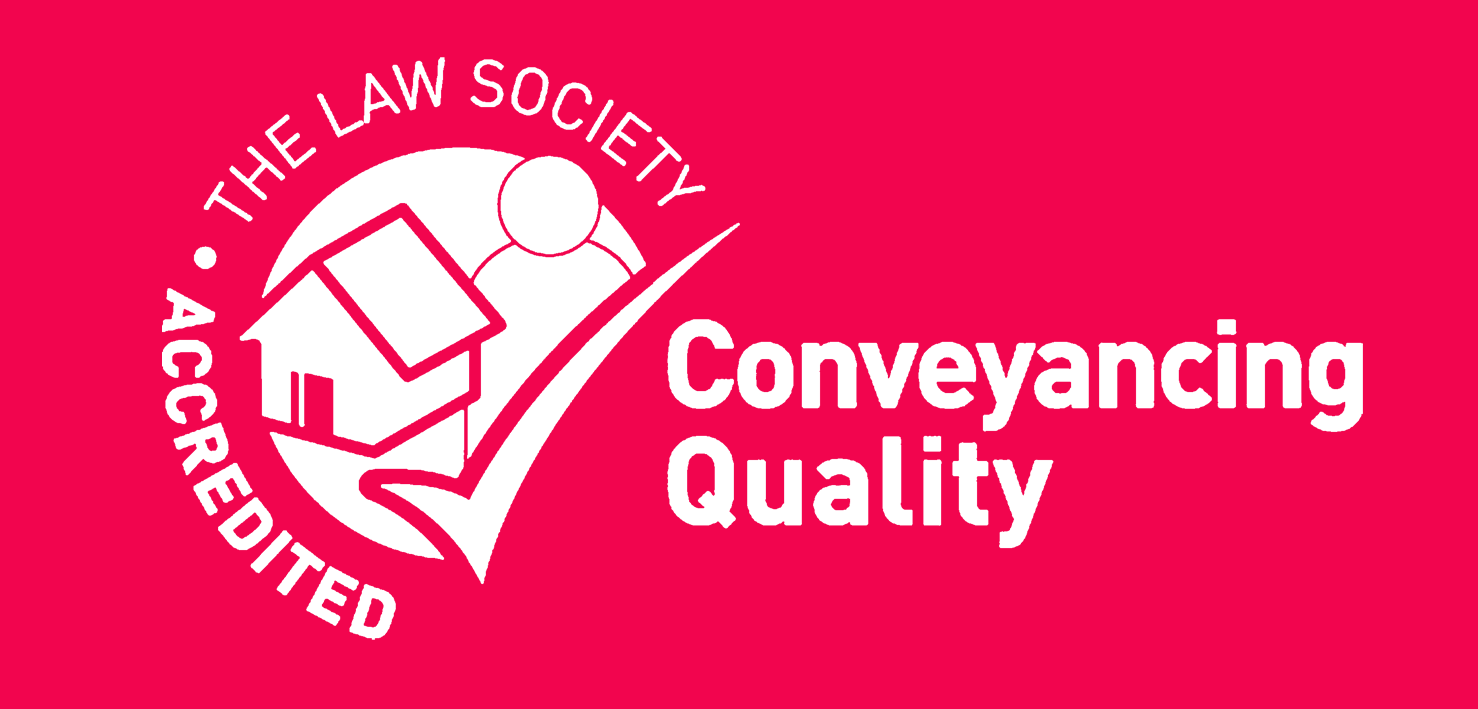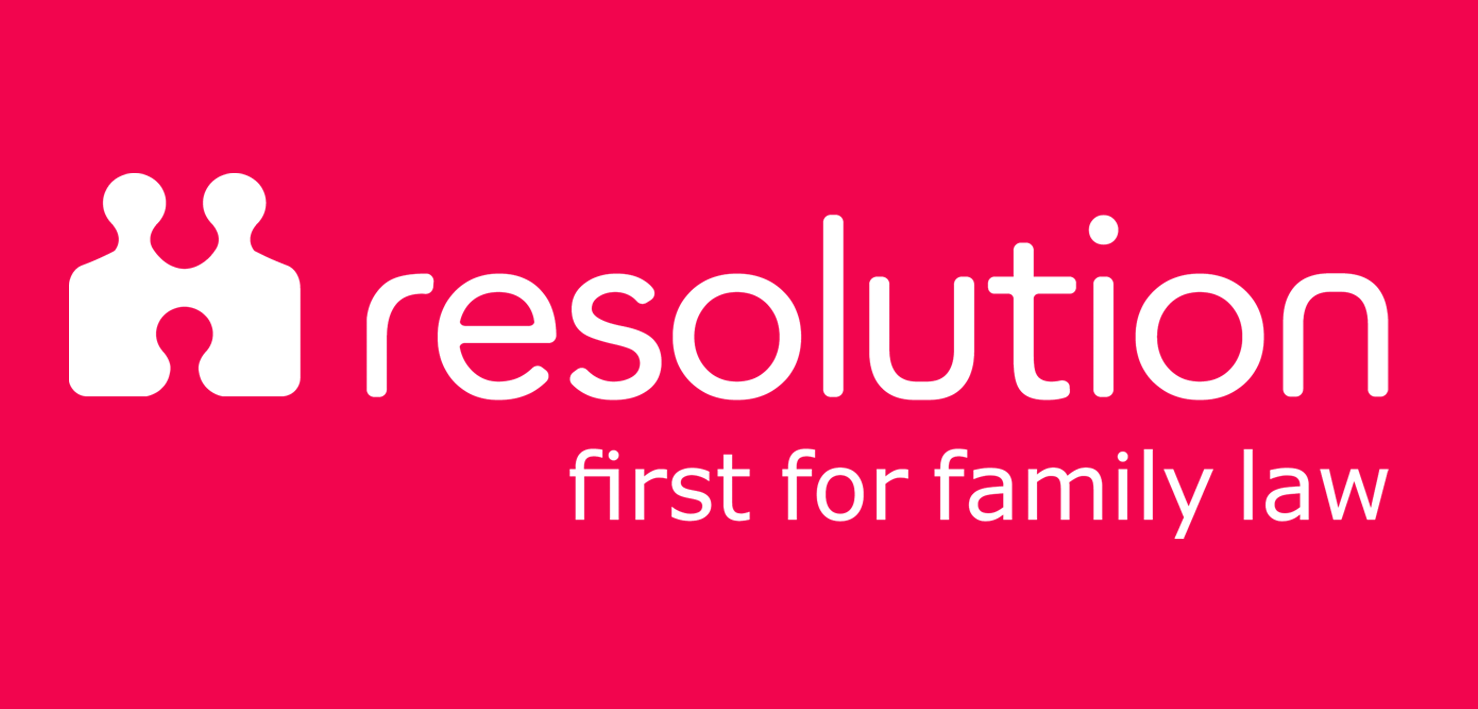On a breakdown of a relationship, it is not just the parents who suffer, but the children as well. They can be confused, not understanding what is happening, why there are arguments and why a parent is leaving home. They risk losing everything that is familiar to them, and potentially contact with the parent who is leaving and their extended family.
Children’s needs should be given priority, and you are encouraged to try to resolve children issues by agreement. We appreciate that sometimes this is not possible.
When parents cannot agree on where the children should live or when the non-resident parent should see the children, it may be necessary to make an application to the Court for a Child Arrangements Order. The Court maintains the concept of shared parenting and a presumption of continued parental involvement. If a party wants to make an application to Court, they will have to attend a meeting known as a MIAM unless an exemption is appropriate.
The Court can make a Child Arrangements Order to deal with the following:
1. Where the child should live when there is a disagreement between the parents.
2. With whom the child should have contact and when.
3. Who has Parental Responsibility for the child? For example, when the parents are not married and the father’s name is not on the birth certificate, only the mother will have Parental Responsibility. Without Parental Responsibility, you cannot give consent for medical treatment, nor will you be involved fully in important issues such as schooling and education.
It is possible for other people to apply for a Child Arrangements Order such as grandparents or individuals. However, permission from the Court may be required to make such an application.
In addition to a Child Arrangements Order, applications can be made to the Family Court for:
- Prohibited steps – Where one parent objects to a specific course of action the other parent is intending to take, for example, moving with the child to another area and/or changing the surname.
- Specific issue – An Order to decide on a particular issue for the child, for example, schooling, medical treatment, religion.
The law looks at it from the child’s perspective. The child has the right to a meaningful relationship with both parents except in exceptional circumstances. The Court considers that the children’s welfare is paramount.
CAFCASS (Children and Family Court Advisory Service)
When an application is made to Court, the matter will be referred to CAFCASS who will carry out various checks to determine whether there are welfare or safety risks to the children. CAFCASS will contact the parties and produce a short report for the Court. CAFCASS will then attend the hearing to offer assistance to the parties and advice to the Court.
At Awdry Law, we believe that the best results involving children are through listening, understanding, and conciliatory negotiation. However, on occasions, this approach fails, and then we can provide strong and effective representation in Court. If you would like to discuss your options with an expert, click here to arrange your free, initial meeting.





